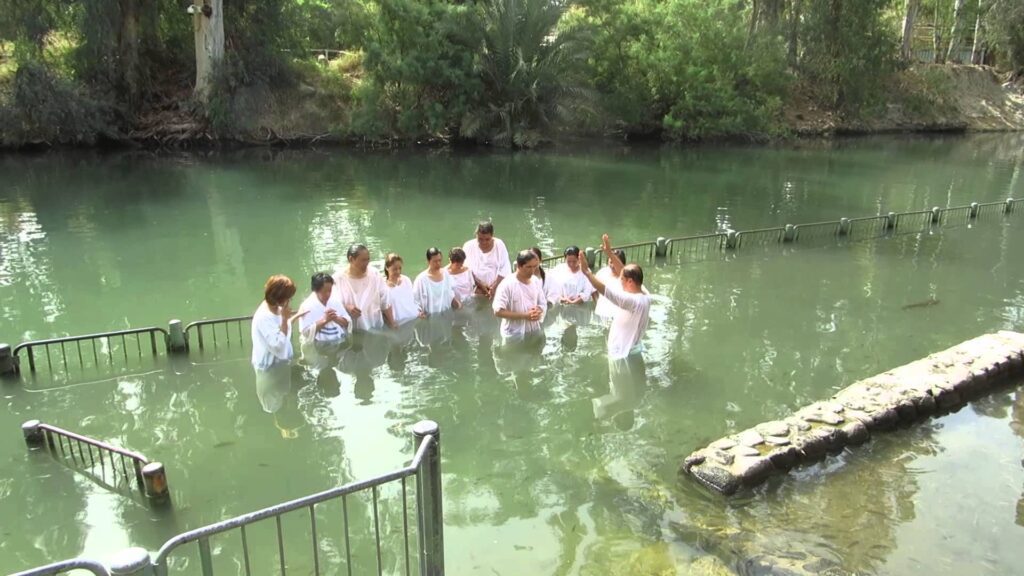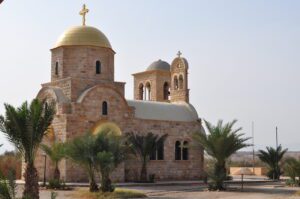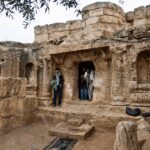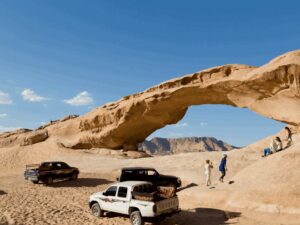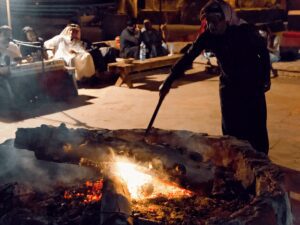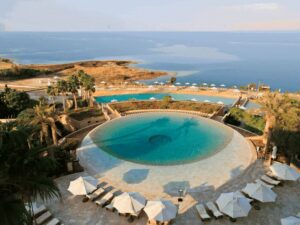The Baptism Site of Jesus Christ along the Jordan River has witnessed a remarkable surge in visitors and pilgrims, with an impressive 89 percent increase during the initial seven months of this year compared to the corresponding period in the prior year.
As per the insights provided by Rustom Mkhjian, Director General of the Baptism Site, the cumulative count of visitors and pilgrims to the sacred location has reached an impressive 136,272 from the year’s commencement until the end of July. This is a substantial surge from the 72,069 visitors recorded during the same time span in the previous year, as reported by Hala News.
Mkhjian also highlighted that the month of July alone saw a surge in visitors from the prior year, with 12,196 individuals flocking to the site. This marked a notable increase of 27 percent compared to the same month in the preceding year. Mkhjian attributed the slight dip in visitor numbers last month to the anticipated annual temperature rise, which tends to influence the footfall during this period.
The tourism activity has achieved unparalleled levels of growth
as highlighted by Mkhjian. He underscored that the compiled data from the year’s outset unmistakably showcases a surge in tourism movement that has shattered previous records. With confidence, he expressed his anticipation for a sustained momentum in the influx of visitors, projecting that this year will stand out as the most exceptional among its predecessors.
In terms of the nationalities of the visitors
the breakdown was as follows: 47.5 percent hailed from countries within the European Union, while 13.6 percent came from Italy, 13.3 percent from the United States, 8.6 percent from France, and 5.6 percent from Spain. Additionally, 6.2 percent of visitors originated from Latin American nations, including a notable 1.5 percent from Brazil. However, there was a minor decline in the number of visitors from Russia, accounting for 0.55 percent. Shifting our focus to the realm of domestic tourism, the figures revealed that 12.1 percent of the visitors were locals. Meanwhile, visitors from Arab countries constituted 9.8 percent of the total, with Lebanon leading the pack at 5.9 percent of the overall visitor count.

